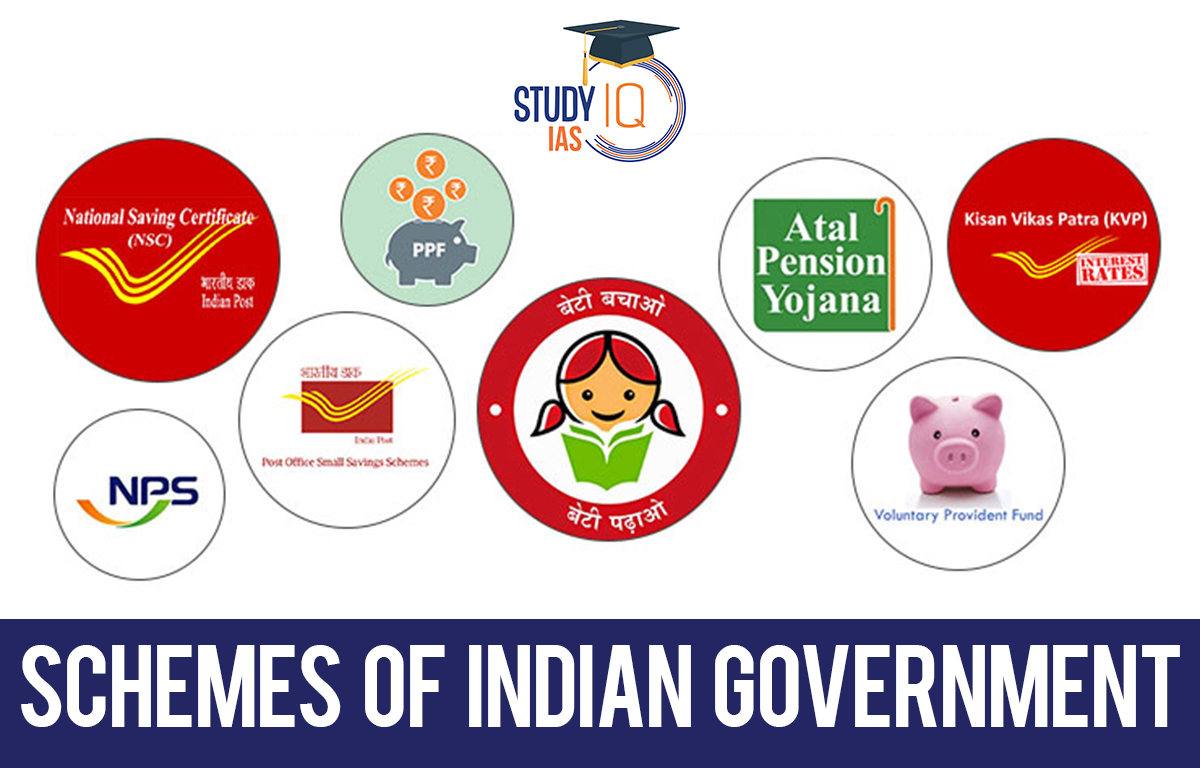Empowering Our Elders: 5 Indian Government Schemes You Should Know About
Our elders are the pillars of our families and society, their wisdom and experience invaluable. Ensuring their well-being and financial security is not just a familial responsibility but also a national priority. The Indian government has launched several schemes aimed at empowering senior citizens, providing them with financial assistance, healthcare, and social support. If you have elders in your family, understanding and leveraging these schemes can significantly improve their quality of life. Here are five key government schemes that you should definitely know about:
1. Indira Gandhi National Old Age Pension Scheme (IGNOAPS): Providing Financial Security
Financial independence is crucial for a dignified life, especially in old age. The Indira Gandhi National Old Age Pension Scheme, under the National Social Assistance Programme (NSAP), provides a monthly pension to individuals aged 60 years or above and belonging to Below Poverty Line (BPL) families.
- How it helps: This scheme offers a basic level of financial support to meet daily needs, reducing dependence on family members for basic expenses. It provides a sense of security and empowerment to the elders.
- Current Benefits: As of my last update, the central government contributes a fixed amount, with state governments often adding to it, resulting in a variable pension amount across different states. It's essential to check the specific amount applicable in your state.
- Eligibility: The primary eligibility criteria are being an Indian citizen, aged 60 years or above, and belonging to a BPL family as per the criteria defined by the government.
2. Pradhan Mantri Vaya Vandana Yojana (PMVVY): Ensuring Regular Income in Retirement
For senior citizens looking for a stable and regular income post-retirement, the Pradhan Mantri Vaya Vandana Yojana is an excellent option. This scheme, offered by the Life Insurance Corporation of India (LIC), provides a guaranteed pension for a period of 10 years with a fixed rate of return.
- How it helps: PMVVY provides a predictable monthly, quarterly, half-yearly, or annual pension, offering financial stability during retirement. This is particularly beneficial for those who do not have a regular pension income.
- Key Features: It offers a guaranteed rate of return for 10 years. Upon the policyholder's death during the policy term, the purchase price is refunded to the nominee. There is also an option for premature withdrawal under certain circumstances (e.g., for critical illness of self or spouse).
- Eligibility: Individuals aged 60 years and above can invest in this scheme. There is a maximum investment limit per senior citizen.
3. Rashtriya Vayoshri Yojana (RVY): Providing Essential Aids and Assistive Devices
Age often brings physical challenges, making daily tasks difficult. The Rashtriya Vayoshri Yojana aims to provide aids and assistive living devices to senior citizens belonging to the BPL category who suffer from age-related disabilities.
- How it helps: By providing necessary aids like wheelchairs, walking sticks, hearing aids, and spectacles, this scheme enhances the mobility, independence, and overall quality of life of elderly individuals.
- Implementation: The scheme is implemented through state governments/UT administrations. Eligible beneficiaries are identified through assessment camps.
- Focus: The focus is on providing quality devices that can significantly improve the functional independence of the beneficiaries.
4. Ayushman Bharat – Pradhan Mantri Jan Arogya Yojana (AB-PMJAY): Access to Quality Healthcare
Healthcare is a major concern for senior citizens. The Ayushman Bharat – Pradhan Mantri Jan Arogya Yojana provides cashless access to quality healthcare services for eligible families, which often includes senior citizens.
- How it helps: This scheme provides health coverage of up to ₹5 lakh per family per year for secondary and tertiary care hospitalization. This reduces the financial burden of medical treatment on elderly individuals and their families.
- Coverage: The scheme covers a wide range of medical procedures, including surgeries, medical and day care treatments, and diagnostics.
- Eligibility: The eligibility is based on deprivation and occupational criteria as per the Socio-Economic Caste Census 2011 (SECC 2011) data. While not exclusively for senior citizens, they are significant beneficiaries under eligible families.
5. Maintenance and Welfare of Parents and Senior Citizens Act, 2007: Ensuring Legal Protection and Support
While not a direct financial scheme, the Maintenance and Welfare of Parents and Senior Citizens Act, 2007, is a crucial piece of legislation that ensures the well-being of elders. It makes it a legal obligation for children to provide maintenance to their parents and senior citizens.
- How it helps: This act provides a legal framework for senior citizens to claim maintenance from their children if they are unable to maintain themselves. It also addresses issues of abuse and neglect of elderly individuals.
- Key Provisions: The Act defines "maintenance" to include provision for food, clothing, residence, medical attendance, and treatment. It also provides for the establishment of old age homes and lays down penalties for abandonment or abuse of senior citizens.
- Tribunals: The Act provides for the constitution of Maintenance Tribunals to decide on maintenance applications speedily.
Leveraging These Schemes:
To benefit from these schemes, it's essential to be aware of the specific eligibility criteria, application processes, and the documents required. You can usually find detailed information on the respective scheme's official website or by contacting the relevant government departments or local authorities.
Empowering our elders requires a collective effort. By understanding and facilitating their access to these beneficial government schemes, we can ensure they lead a life of dignity, security, and good health in their golden years. Take the initiative today to explore these options for the elders in your family – it's a step towards honoring their contributions and ensuring their well-being.



0 Comments
Hi, How are you dear. Hope you are good